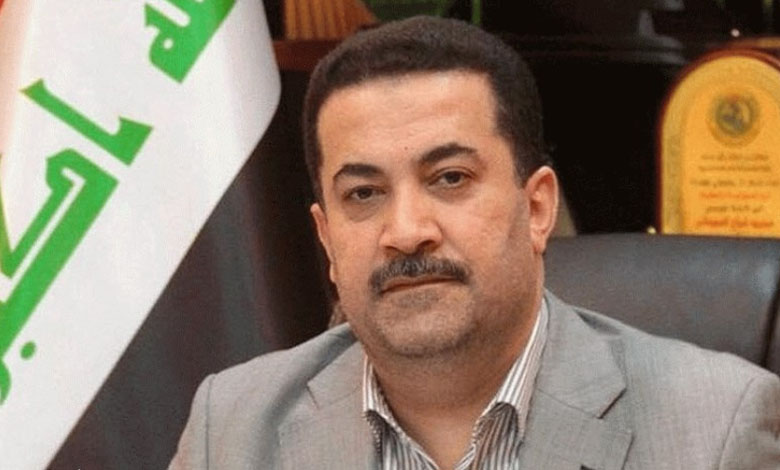Stealing the Century in Iraq: Plundering in Billions and Recovering in Millions

Iraqi authorities on Tuesday announced the recovery of an additional $2.6 million from $2.5 billion in tax money stolen from a former government official on trial in the case.
The case, which was unveiled in mid-October and implicated former high-ranking officials and businessmen, has sparked outrage in oil-rich and corruption-ridden Iraq.
A document from the General Authority for Taxation said $2.5 billion was paid between September 2021 and August 2022 through 247 instruments disbursed by five companies. “The money was then withdrawn in cash from the accounts of these companies, whose owners, often on the run, were subject to arrest warrants.”
And the head of the Integrity Commission, Judge Haidar Hanoun, announced in a press conference on Tuesday that 4 billion dinars ($2.6 million) had been recovered, which is part of “the amount of 17 billion, 13 million and a few thousand dinars” (more than 11 million dollars), which is supposed to be returned by one of the accused.
Hanoun did not release the name of the suspect. “We cannot give his name now because there has not been a court ruling yet,” he said. “The defendant from whom this money was recovered is in the process of being tried by the Central Anti-Corruption Criminal Court,” he said, adding that he will be tried on January 12th.
He said Iraq will recover some of the smuggled Iraqi money from the era of former Iraqi President Saddam Hussein from the United States. “In two days, we will return $80 million to $81 million, which is part of the Iraqi money smuggled by the former regime, and we will announce it when these funds enter the Central Bank of Iraq,” he said.
A source at the Integrity Commission, who preferred to remain anonymous, said that the one responsible for stealing the money is Haitham Al-Jubouri, a former deputy and an adviser to former Prime Minister Mustafa Al-Kadhimi. According to the source, al-Jubury is currently in custody.
Judge Dhia Jafar of the Baghdad Integrity Court said in late November that Al-Jubouri was under investigation for “correspondence sent by him about the cancelation of the audit office’s audit of insurance payments”, the official Iraqi News Agency reported.
The new Iraqi government often announces developments related to the theft of tax money, which is called “Stealing the Century”, while making the fight against corruption one of its priorities.
While the government has not released the identities of officials involved in the scandal, Prime Minister Mohammed Shia’ Al Sudani called on all defendants to return the money.
One businessman was arrested in the case before being released on bail after he returned $211.6 million in embezzled funds. Although corruption is rampant in all state institutions in Iraq, there have been few prosecutions, if any, of these cases targeting low-level officials.
At his weekly conference, Iraqi Prime Minister Mohammed Shia’ Al Sudani stressed the importance of international cooperation so Iraq can recover stolen funds from past years of corruption. “This is very important,” he said. “The return of Iraqi money needs follow-up and international relations, and Iraq is a member of many international agreements in this regard.”
“Today, the report of the national assessment of the risks of money laundering and terrorist financing for the Republic of Iraq was presented, and the head of the relevant agency presented it. It was discussed, and part of it was about recovering corruption money, and the cabinet approved the decision,” he said.
“There are obligations on the member states of these agreements, and Iraq is serious about activating these agreements in terms of the commitment of international institutions and the state that is committed to these agreements,” he said. “We believe this is the correct legal context to restore the Iraqi people’s trust in the government’s anti-corruption measures.”












